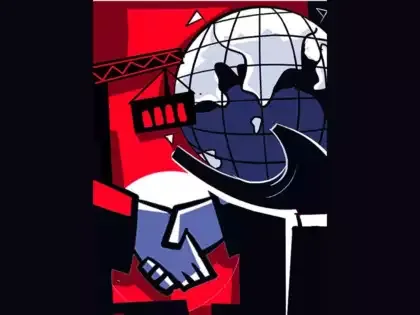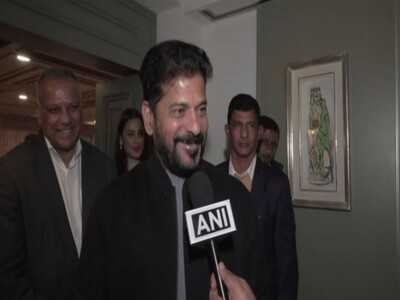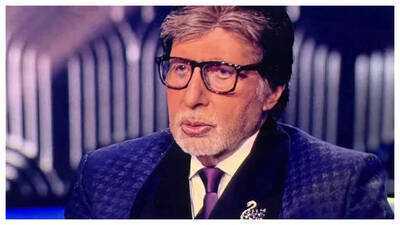For the past two decades, the World Economic Forum (WEF) has been one of the events I most look forward to. It has played a significant role (in shaping) my professional and personal growth (while providing) unparalleled work-related opportunities.
My journey with Davos began in 2004 when I was chosen as a Young Global Leader. This introduced me to a network of dynamic individuals and cemented my connection to the forum. My father-in-law Rahul Bajaj was the first Indian to attend Davos and maintained an unbroken tradition of leading the country’s delegation for 40 years. His passion for engaging with global leaders and advancing India’s voice on the world stage, while dancing the evenings away, struck a chord. Continuing his legacy is a privilege and a responsibility.
One of the most valuable aspects of Davos is the chance to interact with the world's business and financial leaders. The Investor Industry Governors’ meeting stands out as an opportunity to engage with founders and CEOs of major alternative asset management firms and other leading global investors.
Davos attracts heads of sovereign wealth funds like GIC, Mubadala, QIA and Temasek, as well as leaders of the Canadian pension giants. These organizations are critical players in shaping the global investment landscape, and interactions (held under Chatham rules in the Governors meeting) are invaluable.
(The author is Founder & Managing Partner, Kedaara Capital)
Budget with ET
Sitharaman has one job to do and it’s the most crucial one yet
Will Modi govt have something special for Nitish Kumar’s Bihar?
Budget should help in safeguarding India’s trade interests as Trump returns
India Presence
Davos has also become a key platform for showcasing India’s potential. The Indian delegation includes members of parliament, senior ministers, and occasionally, Prime Minister Narendra Modi. This collective representation highlights the country’s increasing influence on global affairs.One of the most valuable aspects of Davos is the chance to interact with the world's business and financial leaders. The Investor Industry Governors’ meeting stands out as an opportunity to engage with founders and CEOs of major alternative asset management firms and other leading global investors.
Davos attracts heads of sovereign wealth funds like GIC, Mubadala, QIA and Temasek, as well as leaders of the Canadian pension giants. These organizations are critical players in shaping the global investment landscape, and interactions (held under Chatham rules in the Governors meeting) are invaluable.
Learning
Every year, Davos provides a front-row seat to groundbreaking discussions on technology, global threats, geopolitics, and more. You can listen to Nobel laureates, global leaders, and young innovators. Last year, the complicated topic of AI became real and meaningful. Satya Nadella and Vas Narasimhan shared how AI had dramatically shrunk the time for drug development, and how Novartis was using tools provided by Microsoft. Balancing the good news was the potential challenges (as showcased in an) interaction between Bill Gates and Nandan Nilekani. These sessions challenge perspectives and inspire new ways of thinking.Tradition
For 20 years, Davos has been more than just a conference—it has been a tradition rooted in purpose. It’s a chance to contribute to India’s growing voice on the global stage. Davos represents continuity amidst change. It remains as relevant as it was when I first attended more than 20 years ago.(The author is Founder & Managing Partner, Kedaara Capital)
(Disclaimer: The opinions expressed in this column are that of the writer. The facts and opinions expressed here do not reflect the views of www.economictimes.com.)









Manish Kejriwal